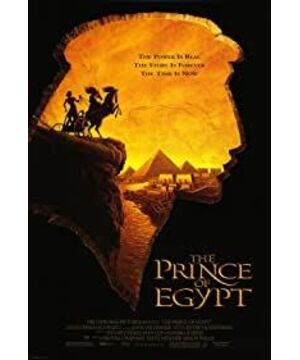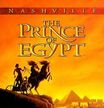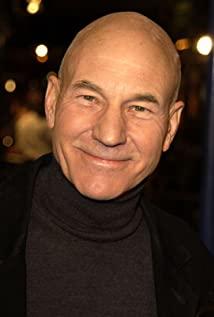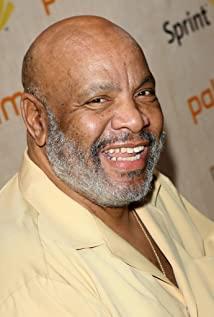From a major point of view, the purpose of Moses doing so many things was to liberate the Hebrews. The painful contradiction that caused him to realize his identity when he was still a prince of Egypt is sympathetic. In the end, he insisted on his faith and fulfilled his mission in accordance with the will of God.
However, I am very upset.
One uncomfortable one. It seems that Moses is not very capable. He is nothing more than repeatedly stating that he is the messenger arranged by God. He does not need to rely on his own strength to resist, and everything is protected by God. He only needs to convey the will of God and how to implement it, as long as he stands on the side and looks at it. This mission is really easy. In fact, God liberated the Hebrews, but as a man, Moses became the leader of the Hebrews. It seems that the identity of Moses is just a symbol of God in the world.
Second, the Egyptian royal family has caused countless bloody killings, and God’s punishment of the Egyptian royal family ended up killing all the eldest sons of innocent Egyptians overnight. The practice of cutting off children and controlling violence with violence is really shocking.
Upset, the brotherhood of Moses and Ramses. From a broad perspective, the two standpoints are completely opposite, and the contradiction will inevitably turn into hatred. But from the perspective of two people, Moses' betrayal of his brother was enough to make Ramses sad. In the end, Ramses sighed on the shore. It was no longer the hatred that Moses brought to the Egyptian people, but the call to brothers. It's embarrassing.
In the final analysis, Ramses is just a victim of that era. He is the pharaoh of Egypt and shoulders the responsibilities of Egypt. And Moses, destiny is naturally much luckier than Ramses, because he has been blessed by God since he was born.
Human destiny is destined by nature. Such a story is really speechless.
View more about The Prince of Egypt reviews











